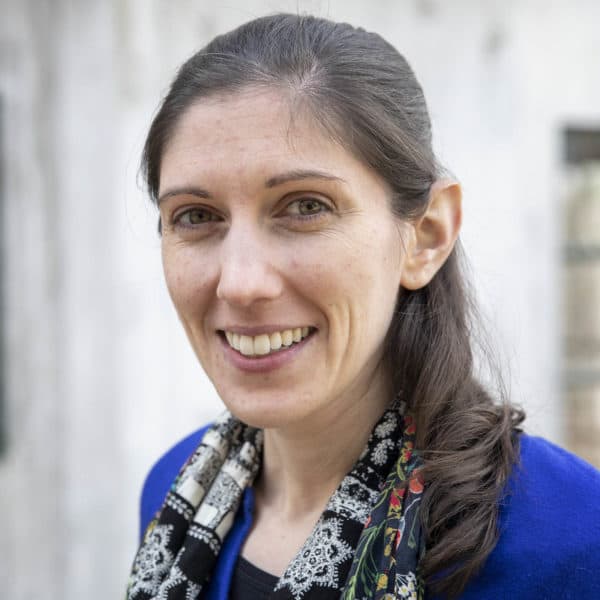Advertisement
Medical system in Mass. seeing a significant increase in asylum-seeking families
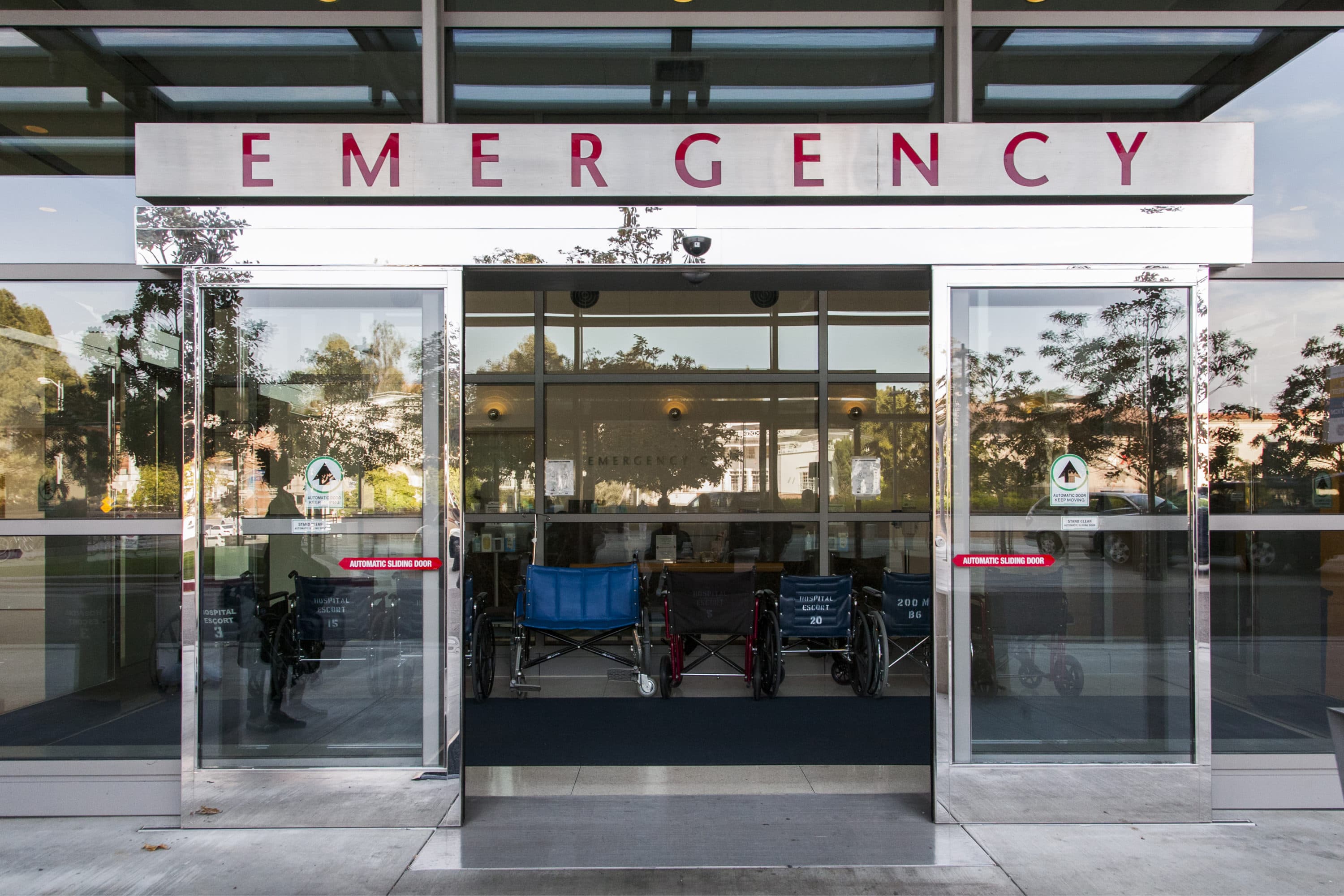
Massachusetts has seen a substantial uptick in the number of immigrant families seeking asylum over the past several months. Many of these families are showing up in emergency rooms around the Boston area in need of medical care and shelter.
A spokesperson for the state’s Office of Refugees and Immigrants did not provide specific numbers but said there was a significant increase in July and August, primarily coming from South American countries and Haiti. Monique Tú Nguyen, director of the Mayor's Office for Immigrant Advancement in Boston, said officials are still working to understand the paths these families are taking to the area.
These new arrivals are distinct from the largely Venezuelan migrants who arrived on Martha's Vineyard Wednesday via plane, to the surprise of local officials. The trip appears to have been funded by Florida Gov. Ron DeSantis, and to have originated in Texas.
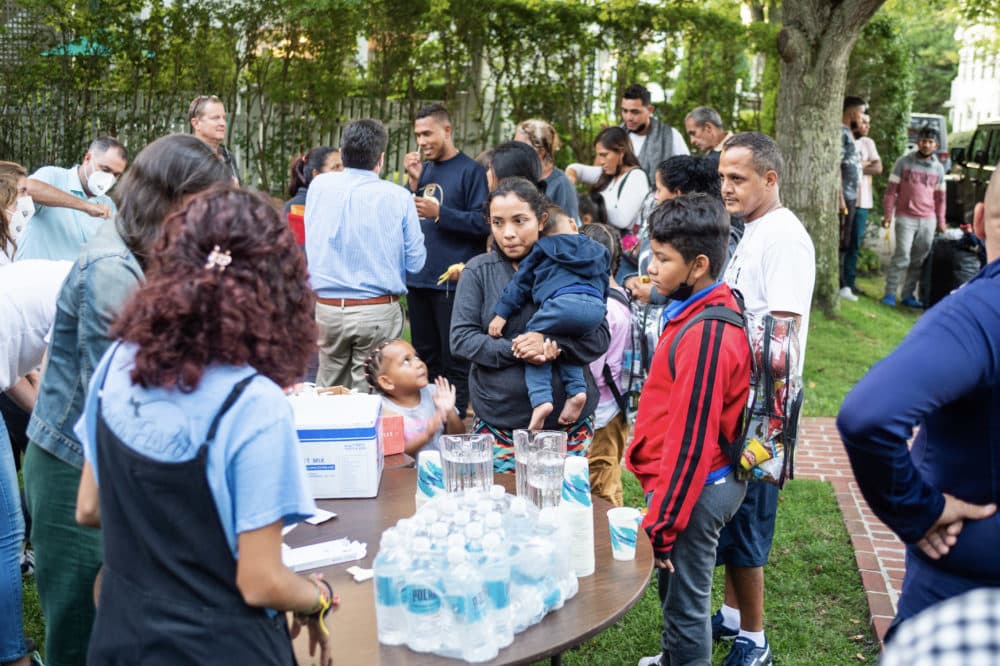
The Immigrant Family Services Institute, a social services agency based in Mattapan, said it has welcomed more than 1,800 people between May and July. While the numbers are still preliminary for August, Geralde Gabeau, the group’s executive director, estimated that 600 more people arrived; most she said are pregnant women or mothers with young children fleeing violence in Haiti. She said August’s numbers are a six-fold increase from a typical month in past years.
“It is really worse than anything that we have ever seen before,” Gabeau said in an interview Thursday morning. “Yesterday, for example, at 7 p.m., we had six families coming directly from the Logan Airport to our office. We were not ready. We could not do anything.”
Gabeau said some people have been sleeping outside as her organization scrambles to find housing and basics, such as mattresses, diapers, towels and food. Often, she said, she sends families immediately to get medical attention.
“These families come in with lots of needs, and I'm talking about major medical needs for the kids and also for pregnant women,” said Georgia Thomas-Diaz of Boston Health Care for the Homeless Program, or BHCHP.
Before the pandemic, the organization typically saw one or two new homeless families every week. Now, Thomas-Diaz said, she sometimes has five or six families all in the lobby at one time, and most or all are seeking asylum. She said her staff started noticing the numbers increasing six or seven months ago, but in the past two months, there’s been a dramatic rise.
Advertisement
Some of them have urgent medical needs, Thomas-Diaz said, such as diabetics who have gone weeks without their medications, parents who have gone without food, and pregnant women arriving with severe abdominal cramping.
“Sometimes we see them here and just send them right to the emergency room or labor and delivery,” she said.
"Sometimes we see them here and just send them right to the emergency room or labor and delivery."
Georgia Thomas-Diaz of Boston Health Care for the Homeless Program
The vast majority of families being served by BHCHP are originally from Haiti. In Chelsea, the social services organization La Colaborativa has also seen an increase in migrant families arriving with no immediate place to go. The group said they mostly come from places like Venezuela, Colombia, Guatemala, Honduras and Peru.
“We don't usually see families from these countries,” said Norieliz DeJesus, director of policy and organizing at La Colaborativa. “We have families that have landed at Logan Airport and have absolutely no knowledge or any type of connection to anything in Massachusetts.”
DeJesus said migrant families gravitate to Massachusetts because of the access to medical insurance provided in the state. She and her colleagues have been surprised to find that many of these families were released from the federal government’s custody without providing an address in this country, which is usually a standard requirement for people arriving and seeking refugee status. The Department of Homeland Security has not yet responded to a request for comment. DeJesus said people tell her they have found La Colaborativa through fliers in other states, although La Colaborativa does not know the source of these fliers.
Many of the families arrive without the documents or proof of residency needed to access emergency shelter and other services. So, DeJesus said, many have been staying with individuals in the community.
A number of these migrants may have been on buses sent to New York and Washington, D.C. as a kind of political protest by the governors of Texas, Arizona and Florida. At least one family being helped by La Colaborativa was sent from Texas to New York on the buses charted by Texas Gov. Greg Abbott. The members of that family then found their own way to Massachusetts. Gabeau said her organization has also seen families who reported being on the chartered buses.
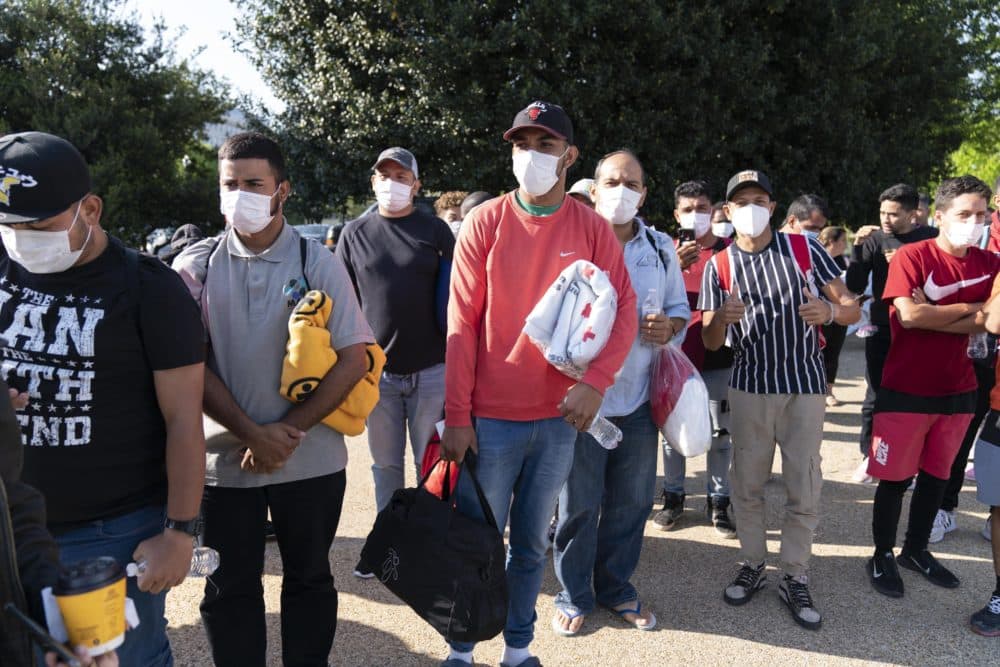
Boston’s Tú Nguyen said the city’s been carefully watching as Abbott, Arizona Gov. Doug Ducey and Florida Gov. DeSantis move many thousands of asylum seekers from the southern border to New York, Washington, D.C. and Chicago. Boston has been planning for the possibility that migrants could be sent to Massachusetts, including allocating $1.1 million from the American Rescue Plan Act or ARPA, to emergency housing for migrants.
In the past weeks and months, medical providers, local officials and social services organizations have been informally sharing notes, noticing the uptick in migrants without documentation and marshaling resources.
Next week, La Colaborativa plans to host a day for families to get many of their needs met at a one-stop-shop. And several organizations said they are just beginning to conduct a survey with a set of standard questions to figure out exactly how many immigrants are arriving.
“I don't know if anyone really knows the hard numbers,” said Aura Obando, medical director of the family team at Boston Health Care for the Homeless Program. But even if the exact numbers are uncertain, the need is clear.
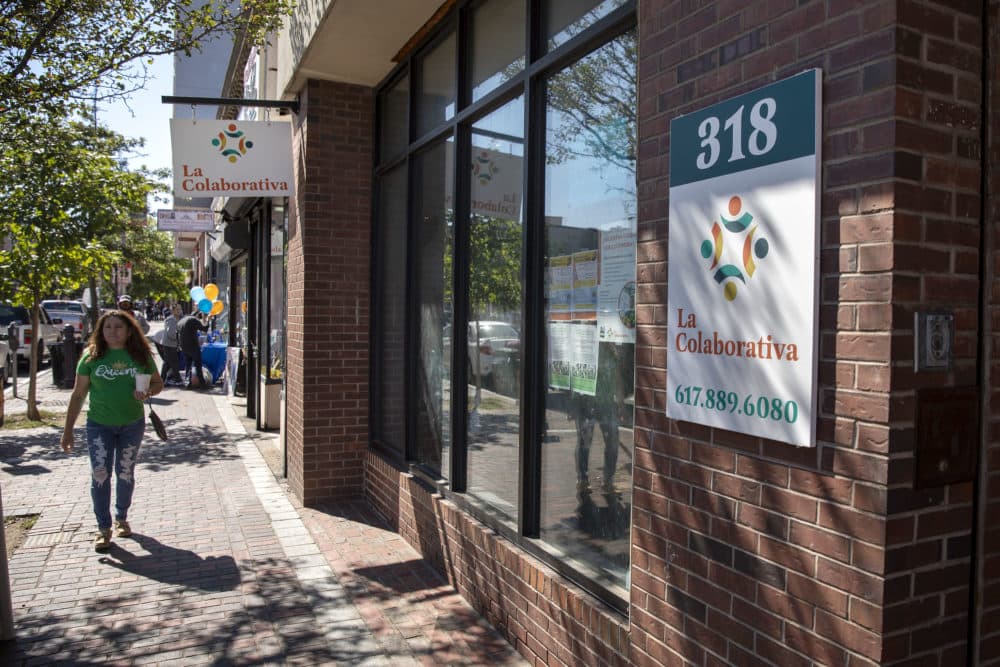
In a statement, Boston Medical Center said there aren't enough resources to help newly arriving families. “BMC has always cared for patients and families in need, but the recent uptick has strained the agencies we work with to help families, after they are medically cleared,” the hospital said in a written statement.
Mass General Brigham also acknowledged its emergency rooms are being impacted. In a statement, the hospital network’s spokesperson said, “across the Commonwealth, hospitals are reporting an increase of migrants in need of shelter and medical care. We are committed to supporting these families in crisis.”
This segment aired on September 16, 2022.
